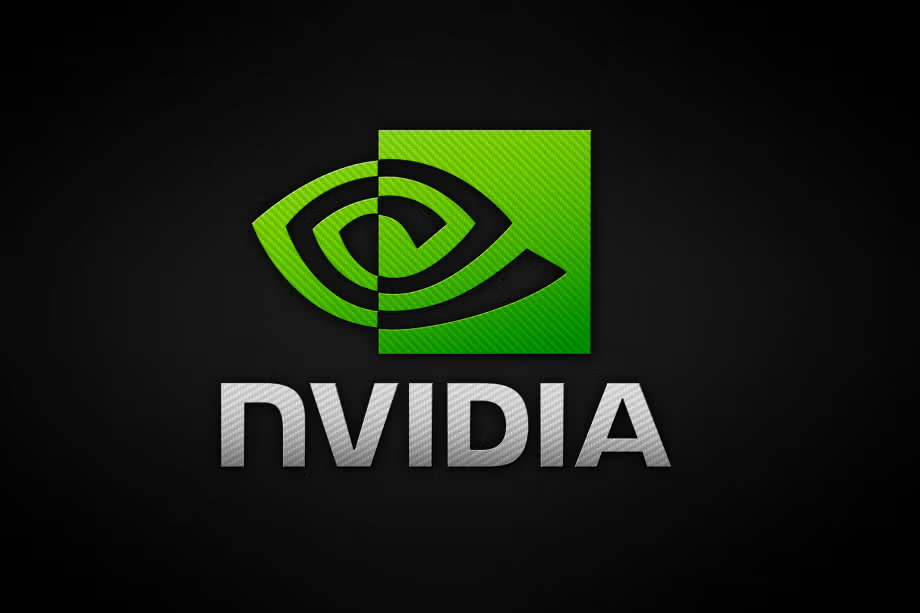Nvidia's performance in the stock market has become synonymous with the overall health and trajectory of artificial intelligence (AI) stocks. Several factors have contributed to Nvidia's pivotal role, including its dominance in AI-related hardware, specifically GPUs, and its influence on major technology indices. Recent earnings reports and market analyses provide insights into the current state and future prospects of Nvidia and the broader AI stock market.
Nvidia's financial results for the first quarter of fiscal year 2026 showed revenue of $44.1 billion, marking a 12% increase from the previous quarter and a 69% increase year-over-year. The company's data center revenue reached a record $39.1 billion, up 10% from the previous quarter and 73% from the previous year. The gaming sector also saw record revenue of $3.8 billion, up 48% from the prior quarter and 42% year-over-year. However, Nvidia faced a $4.5 billion charge related to excess inventory and purchase obligations for its H20 products due to new export license requirements in China.
Looking ahead, Nvidia projects second-quarter revenue of $45 billion, plus or minus 2%. This outlook accounts for an estimated $8 billion loss in H20 revenue due to export control limitations. Despite these challenges, Nvidia is working towards achieving gross margins in the mid-70% range later in the year. The company is also investing in building factories in the U.S. and partnering to produce AI supercomputers domestically.
Nvidia's leadership in the AI chip market has been fueled by the increasing demand for AI technologies across various sectors, including data centers and autonomous vehicles. The company's Blackwell GPU architecture is expected to drive further growth, but it also faces challenges such as supply chain constraints and rising competition.
Several companies are vying for a larger share of the AI chip market, including AMD, Intel, Google, Amazon, and Huawei. AMD's Instinct MI355X GPU, for example, offers greater memory capacity than Nvidia's B200 GPU and GB200 Superchip. Despite increasing competition, Nvidia is expected to remain a dominant player, with its market share tripling over the past four years.
Geopolitical factors, such as U.S.-China trade tensions and export restrictions, also impact Nvidia's performance and market position. The company is actively adapting to these challenges by diversifying its supply chain and developing new products that comply with regulations.
The AI stock market has experienced volatility in 2025, with some investors taking profits after strong gains in previous years. However, analysts remain optimistic about the long-term potential of AI, with estimates suggesting that AI could significantly boost global GDP. Companies like Confluent and Datadog are expected to benefit from the increasing adoption of AI services.
Nvidia's earnings reports are closely watched by investors as indicators of the overall health and prospects of the AI industry. The company's ability to meet high expectations, manage supply chain challenges, and navigate geopolitical risks will be critical in shaping the trajectory of AI stocks and the broader market.

















